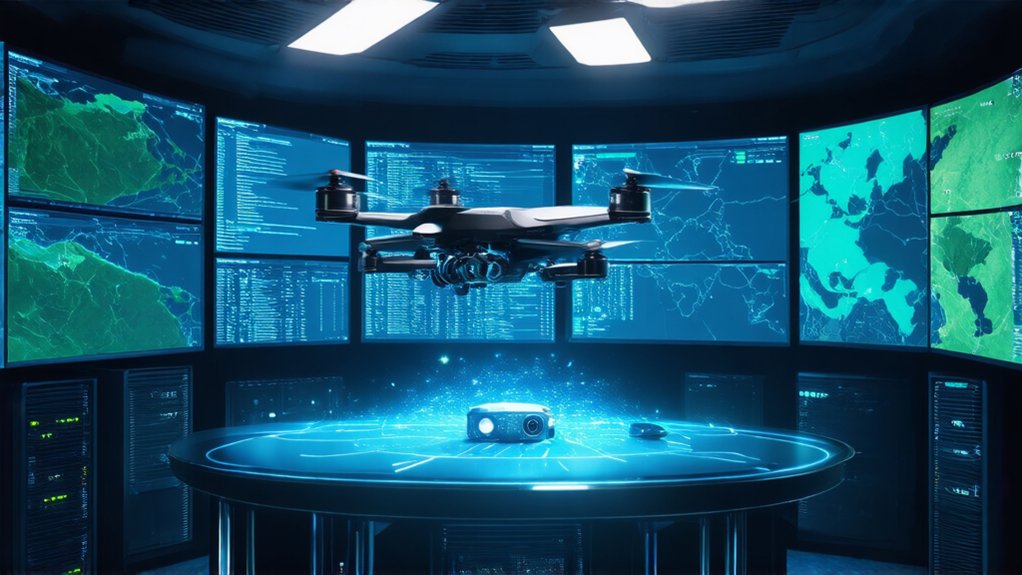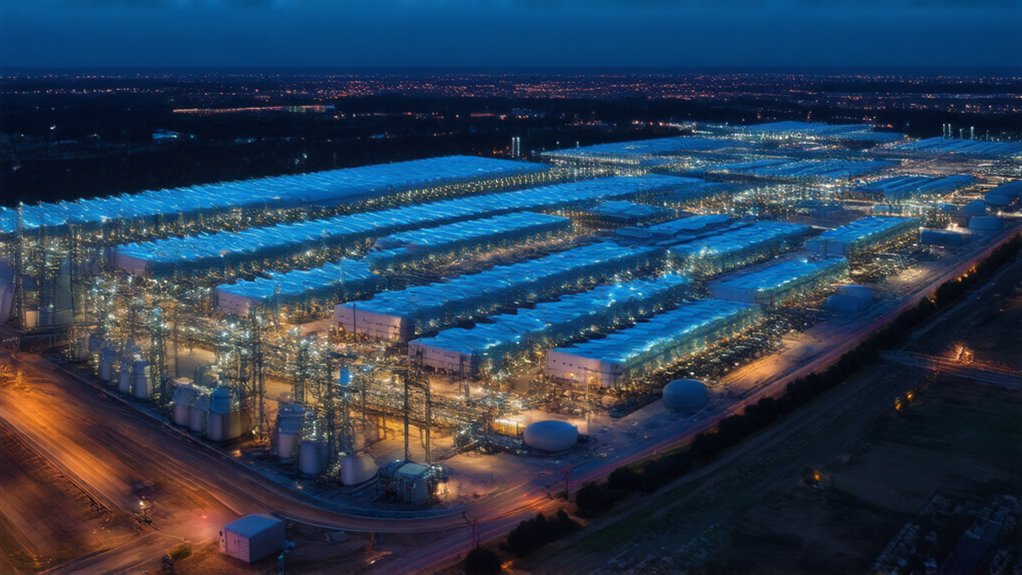Countless soldiers and strategists have trained for years to master combat reconnaissance.
Now AI is stepping onto the battlefield. Not with a gun, but with algorithms that process satellite imagery and sensor data faster than any human could dream of. These systems don’t get tired. Don’t need coffee. Just results. Algorithmic bias can affect military decisions if not properly monitored.
The future soldier’s best partner doesn’t sleep, doesn’t eat—it just processes data and delivers battlefield clarity.
The military’s new digital ally excels at pattern recognition, spotting anomalies in terrain or enemy movements that would slip past even veteran analysts. It’s like having a tireless specialist who’s analyzed every reconnaissance mission in history. Pretty handy when lives are on the line.
Drones equipped with AI capabilities are transforming how reconnaissance happens. They fly autonomously, gathering intelligence without risking personnel. The machines don’t complain about dangerous missions. They just go.
In the command center, AI is reshaping strategic decisions. Commanders now receive thorough analysis from systems that integrate data across platforms. The tech doesn’t replace human judgment—thank God for that—but it does reduce biases that plague human decision-making. Military leaders still make the calls, especially on ethical questions. AI just presents the facts.
Training has evolved too. AI creates realistic simulations that adapt in real-time to trainees’ actions. Scenarios change on the fly. Enemies react differently each time. It’s never predictable, just like actual combat. The systems track performance metrics and adjust difficulty accordingly. No more one-size-fits-all training programs.
Behind the scenes, AI optimizes logistics—predicting supply needs, scheduling maintenance before equipment fails, plotting the most efficient transportation routes. Boring stuff, but it wins wars. Modern militaries are increasingly recognizing that Human-Machine Teaming offers significant advantages in maintaining technological superiority over competitors. The Pentagon has emphasized that ethical considerations must guide the implementation of AI across all military applications.
Cybersecurity benefits tremendously. AI monitors networks continuously, detecting anomalies that might indicate security breaches. When attacks happen—and they will—response times shrink from hours to seconds.
The military-AI partnership isn’t perfect. But it’s revolutionizing reconnaissance and operations across the board. Soldiers still do the fighting. AI just makes them smarter, faster, and more precise. The enemy won’t know what hit them.




